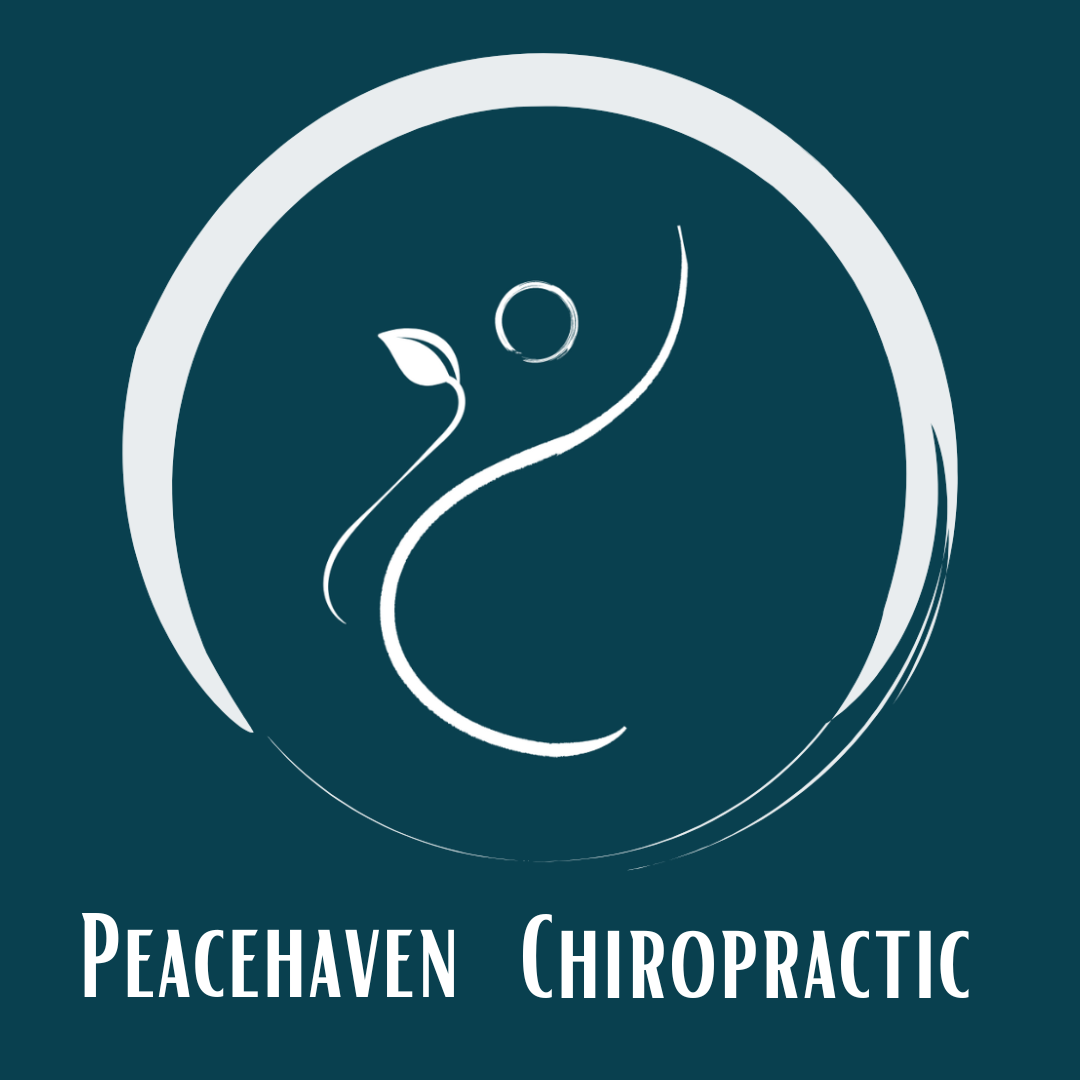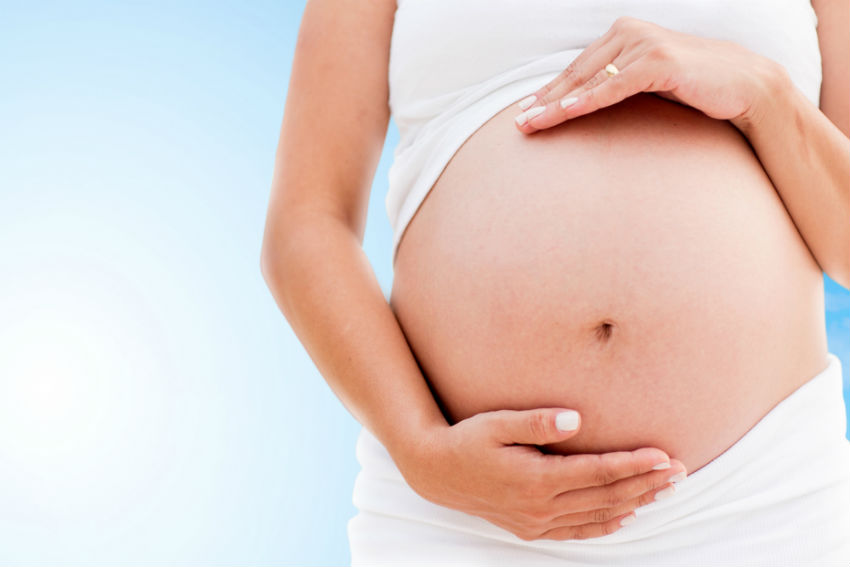There is so much information out there, its often hard to know what to do. ‘They’ say you should eat this, then the next week minds have changed and its a definite no! More recently this argument has surrounded the consumption of alcohol. The safest advice is to abstain completely and the department of health recommends this, but if you do opt to drink 1-2 units once to twice a week is the limit.
In terms of food, the best advice is to eat as clean as possible, by this I mean eat foods as close as possible to their natural state. If its in a package and the ingredient list is as long as your arm, chances are its not that good for you, therefore not good for your growing baby either!
It is now known that a mother’s diet during pregnancy can not only affect the outcome of the pregnancy but also impact on the long-term health of child. For example, if a mother has a low calorie or low protein diet when pregnant the child has an increased chance of obesity in later life.
FOODS TO ENJOY:
FRUITS AND VEGETABLES ( AT LEAST 5 PORTION A DAY)
These contain essential vitamins, minerals and fibre vital for yours and your developing babies growth. Choose a variety that can be raw, steamed, roasted, dried or juiced.
Essential Fats (1 portion a day)
Essential fats help form your baby’s brain and nervous system
1 handful a day of seeds and nuts 2 portions (6oz) oily fish a week. Choose from salmon, trout, tuna and sardines.
PROTEIN (2-3 PORTIONS EQUALLING 60- 70G A DAY)
|
MILK, CHEESE AND YOGHURT (1 PORTION A DAY)
These contain calcium and vitamin D and are needed for healthy bones and teeth. Green leafy vegetables are also another source of calcium and vitamin D. Milk is considered a good source of calcium, however if allergic or intolerant to other alternatives to cow’s milk are pasteurised goats, sheep’s milk products or rice milk or oat milk. Excess soy products when pregnant is not advisable as it can interfere with the babies own hormones
CARBOHYDRATES
Bread, cereals, oats, rice, pasta, potatoes, sweet potatoes, corn, buckwheat & barely etc give you energy as well as minerals and vitamins. Choose something from this group at every meal. Wholemeal is most advisable.
FATTY AND SUGARY FOODS
Try to eat these as little as possible. When you do, just have small amounts. They contain empty calories with no benefit to you or your baby
CALORIES
You need an extra 300 calories a day when pregnant and 500 for breast-feeding. Pregnancy is not the time to cut back on food! Enjoy a wide range of food – but don’t overeat. Recent studies have shown that if a mother has restricted calories during pregnancy the child is more likely to overweight in later life and that overeating in pregnancy may increase the chances of your child developing insulin resistance (the pre-cursor to diabetes)
FOODS TO AVOID DURING PREGNANCY:
Mercury-High Fish – Certain types of fish that are very high in mercury, which is a dangerous chemical for foetuses. The main fish to avoid are swordfish, mackerel, and shark. The FSA recommends no more than 4 medium sized cans tuna each week for the same reason
Alcohol and Caffeine – These rob nutrients needed for you developing child. Don’t forget caffeine is in chocolate and cola drinks. No more than 1-2 units of alcohol a week is recommended
Raw Fish, Shellfish and Sushi – Raw meat such as sushi, seafood, rare or uncooked beef, or poultry because of the risk of contamination with coliform bacteria, toxoplasmosis, and salmonella.
Undercooked or Raw Eggs – Raw eggs, or foods containing raw egg such as Caesar dressing, mayonnaise, home made ice cream or custard, unpasteurized eggnog, or Hollandaise sauce because raw eggs may be contaminated with salmonella. Bought mayo is ok.
Unpasteurized Milk and Juice – This goes right along with the raw eggs and raw meat topics. Milk is an animal product and unless it is pasteurised, it can have a lot of bacteria in it. Juice is full of sugar and is a rich breeding ground for bacteria as well. Be sure both are pasteurised.
Herbs – There are many herbs that are very dangerous to your pregnancy. Never assume that a herb is safe until you talk to your doctor about it. This goes for herbal teas, herbal pills and other tonics.
Soft Cheese – Soft cheese such as blue cheese, feta, Brie, Camembert, and Latin American soft white cheeses such as queso blanco and queso fresco because they may harbour harmful bacteria.
Green Potatoes and Deli Meats – Potatoes, which have, green patches; this indicates a concentration of Solanin, which is poisonous and can cause damage to the baby. Deli meats and tinned meats – contain high amounts of nitrates and can be cancerous. Wash all prepared salads.
Liver and pates – These are high in vitamin A – excess can cause damage to your foetus

